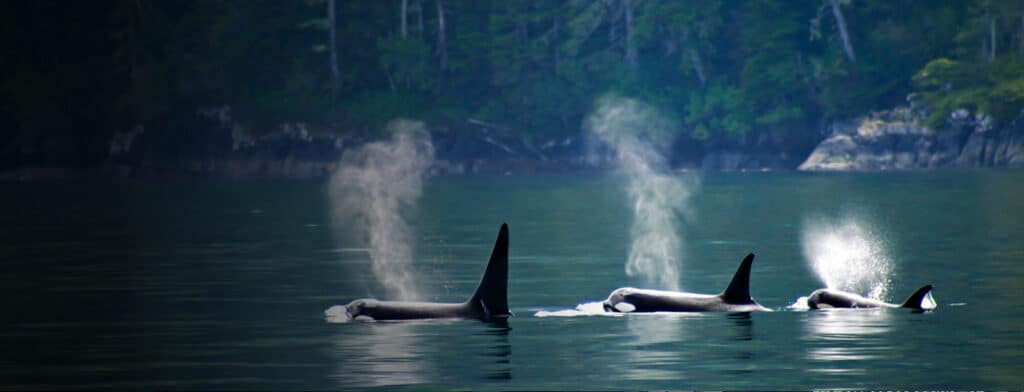
Blog
Search
Issues
Projects
-
A Paris deal: On whose terms?
The 21st Conference of the Parties to the United Nations Framework Convention on Climate Change officially opened on November 30, 2015 with about the amount of pomp you might expect for the 150 world…
-
Communities in Nigeria speak out on Wilmar palm oil landgrab: Video and statement
Earlier this year, Friends of the Earth groups in Nigeria and the United States published the report Exploitation and empty promises: Wilmar’s Nigerian land grab, which raises serious concerns abou…
-
COP Blog: Paris’s $100B question
Originally posted on Environmental Finance At the Paris COP, it is hardly possible to overstate the importance of climate finance – the provision of funds by developed countries for developing cou…
-
Rally Tally: Activists urge Japan to stop funding fossil fuels
This is your formal invitation to a recurring blog post dubbed Rally Tally. What: Record of the rallies we coordinate and attend Where: This very blog When: After every rally For our first installment…
-
Indonesia’s palm oil fires: Responding to the crisis
Massive forest fires have engulfed Indonesia for several months, and produce more daily CO2 emissions than the entire U.S. economy. The fires are responsible for as many as 500,000 cases of respirator…
-
Infographic: The Story of Climate Finance – Paying the high cost of climate chaos
Understanding The Story of Climate Finance is fundamental to understanding climate chaos, its high cost for poor countries and the role that the U.S. plays. To help us all out, Friends of the Earth U…
-
112 groups demand grants and honest accounting for rich countries’ promised $100 billion in climate finance
In light of the recent release of the OECD report, “Climate Finance in 2013-14 and the USD 100 billion goal,” and the finance ministerial that took place in Lima, Peru on Oct. 9 on the sidelines o…
-
Palm oil fires rage in Indonesian Borneo
Every year during the dry season, rural Indonesia literally goes up in smoke due to the illegal burning of forests for palm oil plantations. This year’s fire season is one of the worst ever. Dur…
-
Antibiotic Resistance — with a side order of fries?
New scorecard shows most chain restaurants failing to address antibiotics crisis From chicken nuggets to bacon double cheeseburgers, most meat served by leading chain restaurants comes from animals ra…